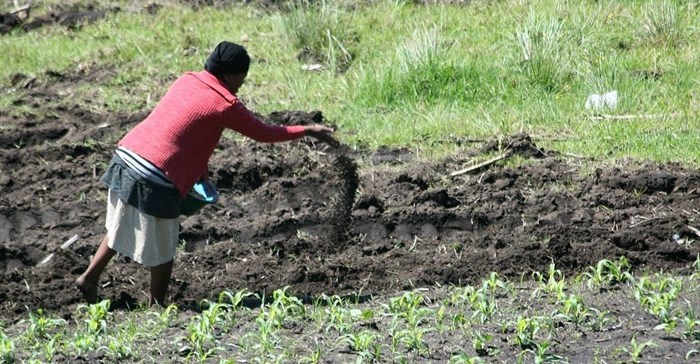A comprehensive land audit done by Agri Development Solutions (ADS) in conjunction with Agri SA and Landbouweekblad, focusing on agricultural land transactions between 1994 and 2016 have been released. Finding reveals that previously disadvantaged people now own 26,7% of all farmland in South Africa - significantly more than the 14% which this group owned in 1994. White farmers now own 73,3% of farmland compared to 85,1% in 1994.
Land audit facts
Agri SA contributed R1m towards the purchase and processing of deeds office data for the period 1994 to 2010. The audit revealed that the supply-and-demand mechanism – willing seller and willing buyer – does, in fact, work to bring about successful land reform.
Agri SA has long been aware of the need for a land audit. Policy formulation is driven by emotion and perception, rather than facts. Since 2005 nothing has come of the many attempts to facilitate a thorough land audit. Gugile Nkwinti, minister of rural development and land reform, will soon be releasing the results of the government’s land audit.
ADS processed the deeds office data in a scientific manner. The outcome is a database which indicates the amount of agricultural land purchased and sold, as well as by whom and at what cost, between 1995 and 2016. Agri SA commissioned an external audit to be conducted by the auditing firm Nkonki.
The report, which will be released on Wednesday, also contains information on the percentage of agricultural land per province transferred to the previously disadvantaged.
ADS’s research also considered the value of land and found that 29% thereof is now in the hands of the previously disadvantaged. In some provinces, up to 50% of the value of agricultural land is now owned by the previously disadvantaged.
ADS’s study also shows an alarming decrease in the amount of available agricultural land in South Africa. In 1994 available farmland totalled 79 million hectares, but this has declined to 76 million hectares. This is worrying because commercial farmers will have to produce food for an estimated 80 million people by 2035.
Further research
Dan Kriek, Agri SA’s president, said on Wednesday that land policy in South Arica has been based on perceptions and emotion instead of facts for far too long. “Sound, sustainable policy formulation must be based on facts. This land audit now provides these facts. Further research will be conducted to determine which types of land reform projects are sustainable and which types fail,” said Kriek.
Kriek thanked ADS director Johan Bornmann for the pioneering work he has done with the land audit. Kriek also said the work was in the national interest.
Omri van Zyl, chief executive officer of Agri SA, pointed out that the data proved indisputably that market forces can be extremely effective to bring about land reform. Agri SA has developed a financing plan to make the market even more effective and which will help emerging farmers gain access to markets. Agri SA will also develop a land plan which is aligned with the National Development Plan and the Constitution said Van Zyl.




































